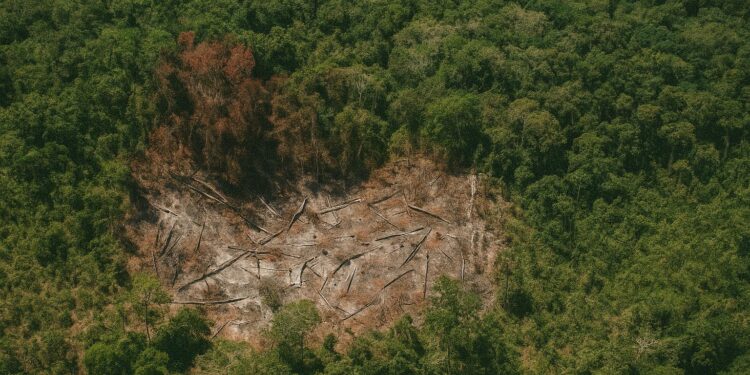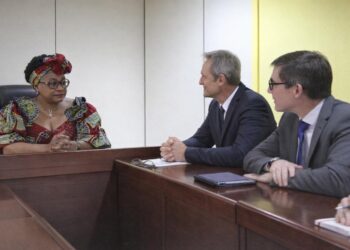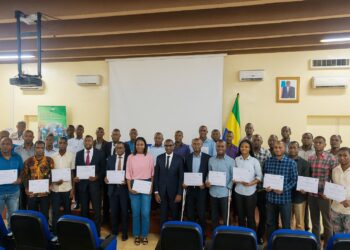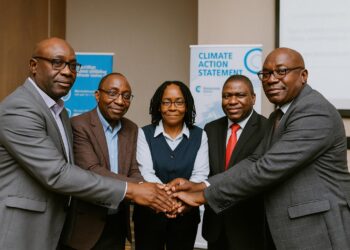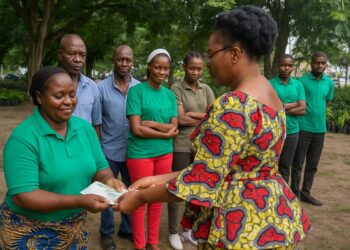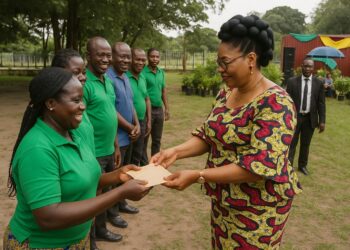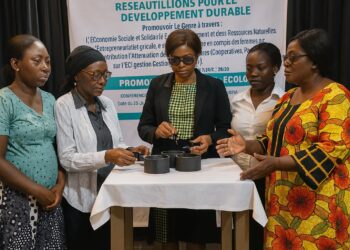Regulatory Momentum Meets Digital Ingenuity
In June 2023 the European Union adopted its landmark Regulation on Deforestation-Free Products, setting an ambitious due-diligence bar for any commodity linked to forest loss. For Central Africa—custodian of the planet’s second-largest tropical forest—the measure has been both a wake-up call and an opportunity. Congolese officials swiftly framed the regulation as an incentive to modernise supply-chain governance rather than a punitive barrier, echoing President Denis Sassou Nguesso’s statement at the Brazzaville Climate Commission that “forest stewardship and economic diversification can proceed hand in hand” (Congolese Ministry of Environment, 2023).
Inside the Three Congolese-Born Platforms
Engineers affiliated with the International Tropical Timber Technical Association (ATIBT) and the trade body Le Commerce du Bois unveiled a triad of interlocking systems—Ekwato, Supply Logica and Ecosource—tailored to the regulatory moment. Ekwato functions as a digital backbone, automating data capture from logging concessions, generating dynamic risk dashboards and exporting due-diligence statements that auditors can archive indefinitely. A mobile interface enables rangers in Sangha and Likouala to upload geotagged evidence in real time, shrinking the evidentiary gap that once separated forest from port.
Supply Logica, consciously modular, centres on cartographic visualisation. From concession boundary to sawmill gate, each node of the chain appears on a layered map that flags irregularities such as unexplained volume jumps or cross-border detours. The design philosophy mirrors aviation dashboards: complex yet intuitively colour-coded, thus useful to both corporate compliance officers in Pointe-Noire and prefectural authorities in Ouesso.
Ecosource completes the triad with a collaborative ethos. Its interface superimposes satellite-derived alerts over concession maps and lets users validate legality grids against national titles. By coupling lot-by-lot tracking with near-real-time deforestation detection, Ecosource turns each shipment declaration into a living document rather than a static PDF—a paradigm shift welcomed by inspectors who formerly relied on paper manifests four weeks out of date.
Certification Bodies Race to Align
Global certification actors have moved at notable speed to dovetail their protocols with both the EU regulation and the emerging Congolese toolset. PEFC’s new international standard introduces a voluntary due-diligence module and even a dedicated invoice line, simplifying customs clearance at European ports. FSC, for its part, is piloting a blockchain ledger that tokenises volume certificates, reducing the risk of document laundering that has plagued certain regional corridors. Preferred by Nature adds a layer of pedagogy: a sustainability framework calibrated to the EU’s risk indicators and a multilingual training curriculum already delivered to 120 Congolese SMEs.
Free Public Tools for Grass-roots Operators
ATIBT’s forthcoming session will showcase several no-cost instruments designed to democratise access. Global Forest Watch now offers a Professional tier free of charge to non-governmental monitors and certified operators, while the European Commission’s Impact Toolbox provides high-resolution Sentinel imagery to flag canopy disturbance at 10-metre granularity. For family-owned concessions that often operate on thin margins, such public goods eliminate the binary choice between compliance and bankruptcy.
Strategic Ramifications for Brazzaville
Brazzaville’s diplomacy has long championed the Congo Basin as a ‘world carbon sink’. By embracing digital traceability, the government strengthens its bargaining position in multilateral climate negotiations, turning compliance assets into soft-power leverage. Foreign envoys in the capital privately note that the platforms also offer a transparency dividend, reducing reputational risk for international investors entering special economic zones along the coast.
Charting a Path Toward Inclusive Compliance
Challenges endure. Internet connectivity in northern districts remains sporadic, and local administrations require continuous capacity-building to interpret the data deluge. Yet the convergence of private ingenuity, multilateral standards and public-sector resolve suggests a virtuous loop in the making. If successfully scaled, the Ekwato suite and its companion tools could recast Central Africa’s timber narrative from resource drain to climate asset—a prospect that aligns neatly with Congo-Brazzaville’s stated vision of green industrialisation and regional leadership.

































